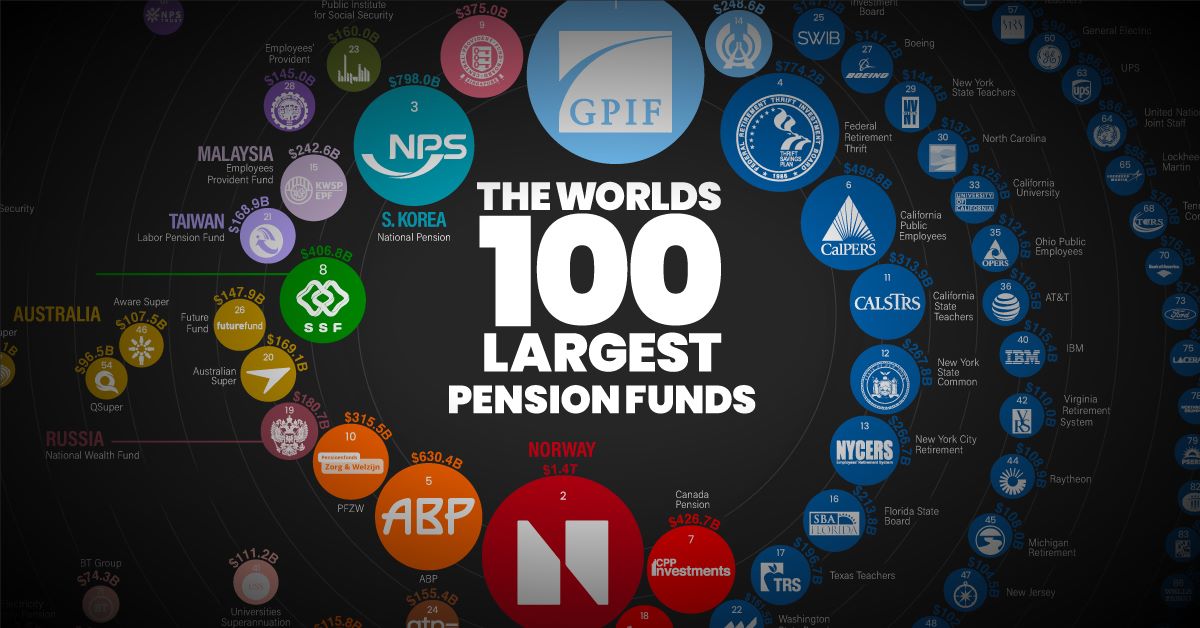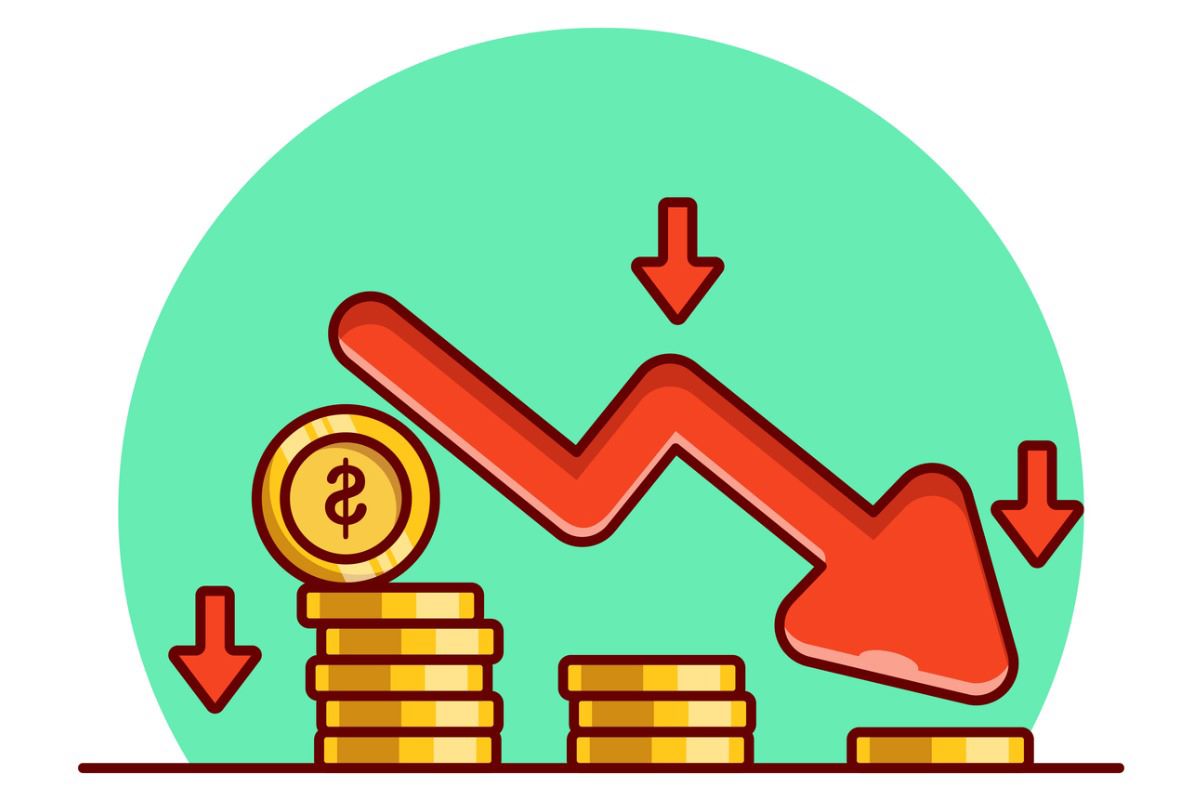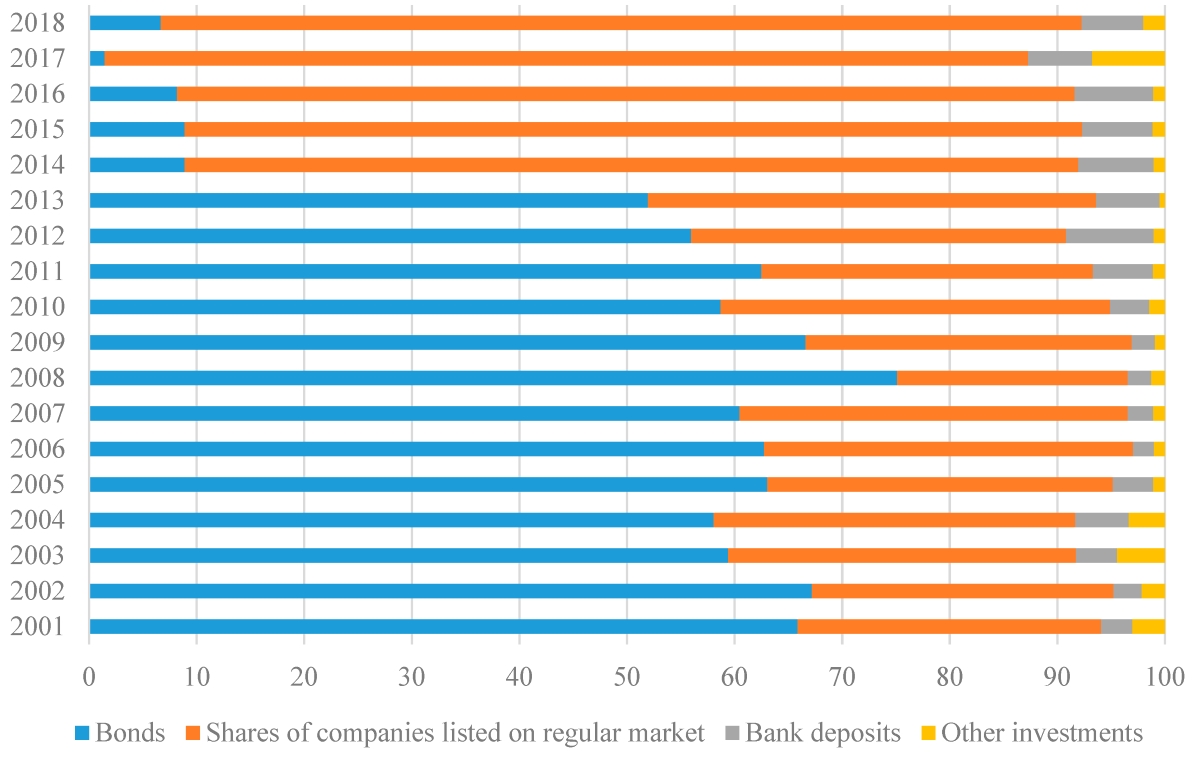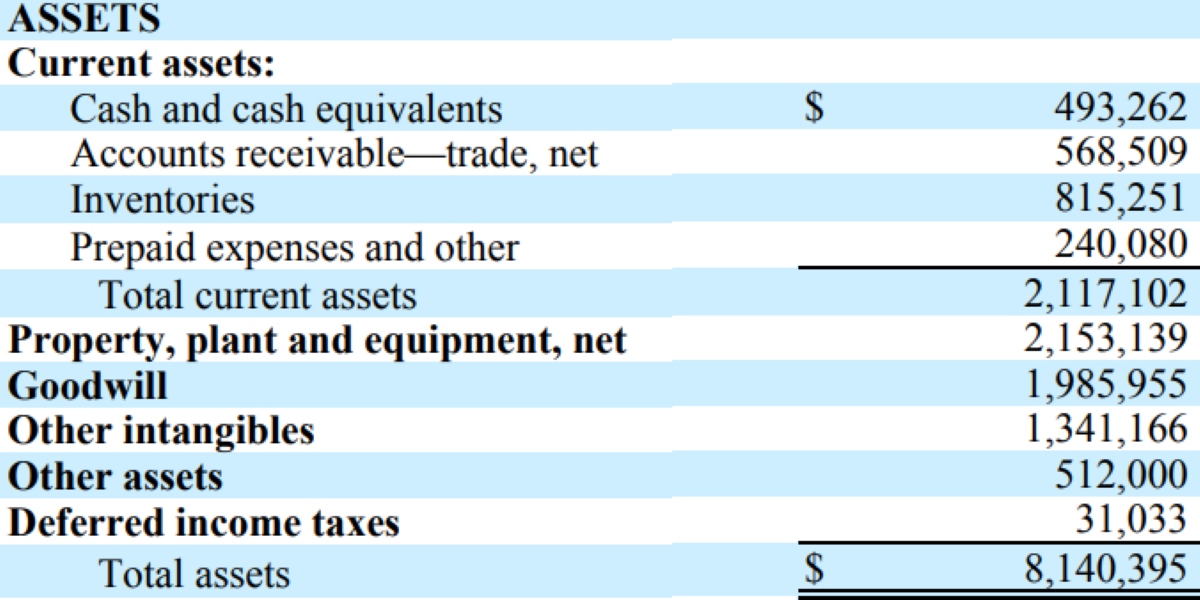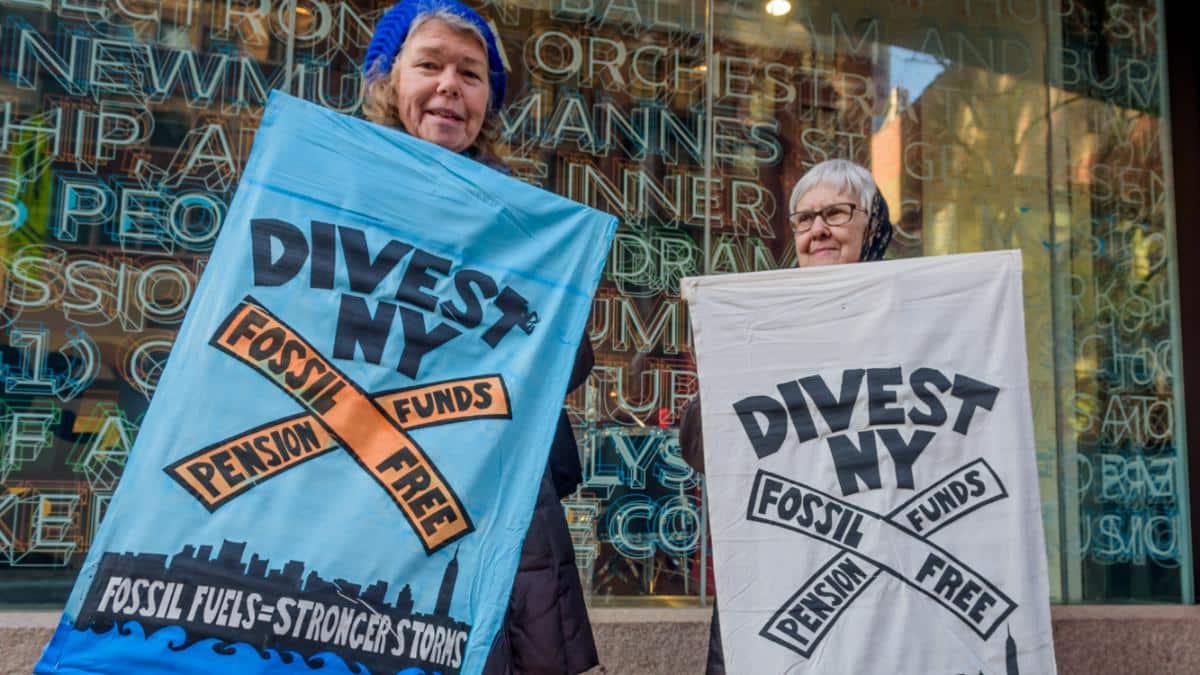

Finance
Pension Funds Which Have Divested
Published: January 23, 2024
Discover how pension funds are divesting from certain sectors and companies. Learn about the impact on the finance industry and sustainable investments.
(Many of the links in this article redirect to a specific reviewed product. Your purchase of these products through affiliate links helps to generate commission for LiveWell, at no extra cost. Learn more)
Table of Contents
Introduction
Divestment is a strategic financial decision that pension funds and other institutional investors make to sell off or withdraw their investments from certain companies, industries, or assets. This decision is often driven by ethical, social, or environmental concerns, as well as financial considerations. In recent years, there has been a growing trend of pension funds divesting from companies involved in activities such as fossil fuel extraction, tobacco production, firearms manufacturing, and other controversial industries.
As the global awareness of environmental sustainability, social responsibility, and ethical investing continues to increase, pension funds are facing mounting pressure to align their investment strategies with these values. This has led to a surge in divestment initiatives aimed at promoting a more socially conscious approach to investment management.
Moreover, divestment is not merely a financial transaction; it is a powerful tool for expressing dissent and driving change. By withdrawing financial support from companies that engage in practices deemed harmful or unethical, pension funds can exert significant influence on corporate behavior and industry norms. This sets the stage for a thought-provoking exploration of the reasons behind divestment, the pension funds that have embraced this strategy, its impact on the financial landscape, and the challenges associated with implementing divestment initiatives.
Reasons for Divestment
There are several compelling reasons that drive pension funds to pursue divestment strategies. One of the primary motivations is ethical considerations. Pension funds may choose to divest from companies involved in activities that conflict with their ethical principles, such as environmental degradation, human rights violations, or unethical business practices. By dissociating from such entities, pension funds demonstrate their commitment to upholding ethical standards and social responsibility.
Furthermore, divestment can be driven by environmental concerns. Pension funds increasingly recognize the urgency of addressing climate change and mitigating environmental risks. As a result, they may divest from industries with high carbon emissions, such as fossil fuels, in favor of sustainable and environmentally friendly investment opportunities. This aligns with the broader global effort to transition towards a low-carbon economy and promote sustainable development.
Social considerations also play a pivotal role in divestment decisions. Pension funds may opt to divest from companies involved in controversial activities, such as manufacturing firearms or tobacco products, to distance themselves from enterprises that contribute to social harm. This reflects a commitment to supporting businesses that positively impact society and promote the well-being of communities.
Financial factors cannot be overlooked when discussing divestment. Pension funds may assess the financial risks associated with certain industries or companies and decide to divest to safeguard their investment portfolios. For instance, the volatility of fossil fuel markets and the long-term viability of traditional energy sources may prompt pension funds to divest from these sectors to mitigate financial risks and seek more stable investment opportunities.
Ultimately, the decision to divest is multifaceted, encompassing ethical, environmental, social, and financial considerations. By aligning their investment strategies with these principles, pension funds can wield their influence to drive positive change and contribute to a more sustainable and ethical global financial landscape.
Pension Funds That Have Divested
Several prominent pension funds have made significant strides in embracing divestment as a core component of their investment strategies. These institutions have demonstrated a commitment to aligning their portfolios with ethical, environmental, and social considerations while addressing financial risks associated with certain industries.
One notable example is the California Public Employees’ Retirement System (CalPERS), the largest public pension fund in the United States. CalPERS has been at the forefront of divestment initiatives, particularly in the realm of environmental sustainability. The fund divested from thermal coal companies, recognizing the environmental impact of coal extraction and combustion. This strategic move underscored CalPERS’ dedication to promoting sustainable investment practices and reducing carbon emissions.
Similarly, the New York City Pension Funds have embarked on ambitious divestment endeavors, targeting industries that pose environmental and social risks. The funds divested from companies operating in the private prison sector, citing concerns about the societal implications of mass incarceration and the ethical considerations associated with profiting from incarceration. This exemplifies the funds’ proactive stance in aligning their investment decisions with social responsibility and ethical standards.
Furthermore, the Church of England Pensions Board has been a trailblazer in integrating ethical and environmental considerations into its investment approach. The board divested from companies engaged in thermal coal and tar sands extraction, recognizing the imperative of transitioning to sustainable energy sources and mitigating climate-related risks. This exemplifies the board’s commitment to fostering responsible investment practices in alignment with its ethical and environmental principles.
These examples underscore the growing momentum among pension funds to embrace divestment as a means of promoting ethical, environmental, and social objectives while addressing financial considerations. By divesting from contentious industries and companies, these funds are actively shaping a more sustainable and socially conscious investment landscape, setting a compelling precedent for the broader financial industry to follow.
Impact of Divestment
Divestment initiatives undertaken by pension funds have far-reaching implications, influencing not only the financial landscape but also corporate behavior, industry practices, and societal perceptions. The impact of divestment extends across multiple dimensions, reflecting the profound influence of these strategic decisions.
From a financial perspective, divestment can exert significant pressure on companies and industries deemed controversial or high-risk. As pension funds divest from these entities, it sends a clear signal to the market about the perceived risks associated with their operations. This can lead to reduced access to capital, higher borrowing costs, and diminished investor confidence, compelling companies to reassess their practices and long-term viability.
Moreover, divestment can catalyze a shift in industry norms and practices. When pension funds withdraw their investments from specific sectors, it prompts companies to reevaluate their business models and operational strategies. This can incentivize the adoption of more sustainable, ethical, and socially responsible practices within these industries, fostering positive change and aligning corporate behavior with broader societal values.
On a broader scale, the impact of divestment extends to societal perceptions and public discourse. As pension funds publicly announce their divestment decisions, it raises awareness about the ethical, environmental, and social considerations underpinning these actions. This stimulates public dialogue, fosters greater accountability among corporations, and encourages consumers to scrutinize the ethical implications of their purchasing decisions, thereby influencing market demand and shaping consumer behavior.
Furthermore, the impact of divestment reverberates within the investment community, inspiring other institutional investors to reevaluate their portfolios and consider divestment as a mechanism for aligning their investments with ethical and sustainable principles. This ripple effect can lead to broader systemic changes within the financial industry, driving a collective shift towards more responsible and sustainable investment practices.
Overall, the impact of divestment extends beyond financial considerations, permeating corporate conduct, industry dynamics, societal awareness, and investor behavior. By leveraging their influence through divestment, pension funds are instrumental in driving positive change, fostering ethical investment practices, and catalyzing a broader transformation towards a more sustainable and socially responsible global economy.
Challenges of Divestment
While divestment represents a powerful tool for aligning investment strategies with ethical, environmental, and social considerations, it is not without its challenges. Pension funds encounter various obstacles when implementing divestment initiatives, reflecting the complexities inherent in reshaping investment portfolios and navigating the broader financial landscape.
One of the primary challenges of divestment lies in the potential impact on investment returns. Divesting from certain industries or companies may limit the diversification of investment portfolios, potentially affecting overall returns and introducing new investment risks. Pension funds must carefully assess the financial implications of divestment and seek alternative investment opportunities that align with their divestment objectives while maintaining robust performance.
Furthermore, divestment can trigger market repercussions, particularly in industries where pension funds hold substantial investments. The act of divesting from these sectors can lead to market disruptions, impacting share prices and market stability. Pension funds must navigate these market dynamics prudently to mitigate potential adverse effects on their investment portfolios and the broader financial ecosystem.
Another challenge pertains to the identification and evaluation of suitable alternative investments. As pension funds divest from specific industries or companies, they must identify investment opportunities that not only align with their ethical and environmental goals but also offer competitive returns and risk profiles. This necessitates in-depth research, due diligence, and strategic asset allocation to ensure the successful integration of alternative investments into their portfolios.
Additionally, divestment may encounter resistance from within the financial industry and corporate sphere. Companies and industry stakeholders impacted by divestment decisions may seek to counteract these actions, challenging the rationale behind divestment and advocating for the continued support of their operations. This resistance can pose reputational and operational challenges for pension funds, necessitating clear communication and stakeholder engagement strategies.
Moreover, the transparency and accountability of divestment decisions present a notable challenge. Pension funds must effectively communicate the rationale behind their divestment choices, ensuring clarity and transparency for their stakeholders. This requires robust reporting mechanisms and communication strategies to convey the ethical, environmental, and social considerations underpinning divestment initiatives.
In navigating these challenges, pension funds can leverage strategic partnerships, rigorous risk management frameworks, and proactive communication to address the complexities associated with divestment. By surmounting these obstacles, pension funds can effectively align their investment strategies with their ethical and environmental principles, driving positive change while managing the inherent complexities of the divestment process.
Conclusion
Divestment represents a pivotal mechanism through which pension funds can assert their commitment to ethical, environmental, and social responsibility while addressing financial considerations. The increasing prevalence of divestment initiatives underscores the transformative power of these strategic decisions in shaping the global financial landscape and driving positive change across industries and markets.
By divesting from companies and industries that conflict with their ethical principles, pension funds are not only safeguarding their portfolios from potential financial risks but also exerting influence on corporate behavior and industry norms. This influence extends beyond financial considerations, permeating societal perceptions, public discourse, and investor behavior, thereby fostering a collective shift towards more responsible and sustainable investment practices.
However, the challenges inherent in divestment necessitate a nuanced approach to navigating the complexities associated with reshaping investment portfolios and managing market dynamics. Pension funds must carefully balance their divestment objectives with the imperative of maintaining robust investment performance, identifying suitable alternative investments, and effectively communicating the rationale behind their divestment decisions.
Despite these challenges, the impact of divestment is profound, catalyzing a broader transformation towards a more sustainable and socially responsible global economy. As pension funds continue to embrace divestment as a strategic imperative, they play a pivotal role in driving positive change, fostering ethical investment practices, and shaping a more sustainable and socially conscious financial landscape for future generations.
In essence, divestment transcends financial transactions; it embodies a commitment to ethical stewardship, environmental sustainability, and societal well-being. As pension funds navigate the complexities and opportunities associated with divestment, they are poised to lead a paradigm shift in the investment arena, setting a compelling precedent for the broader financial industry to embrace responsible and sustainable investment practices.
